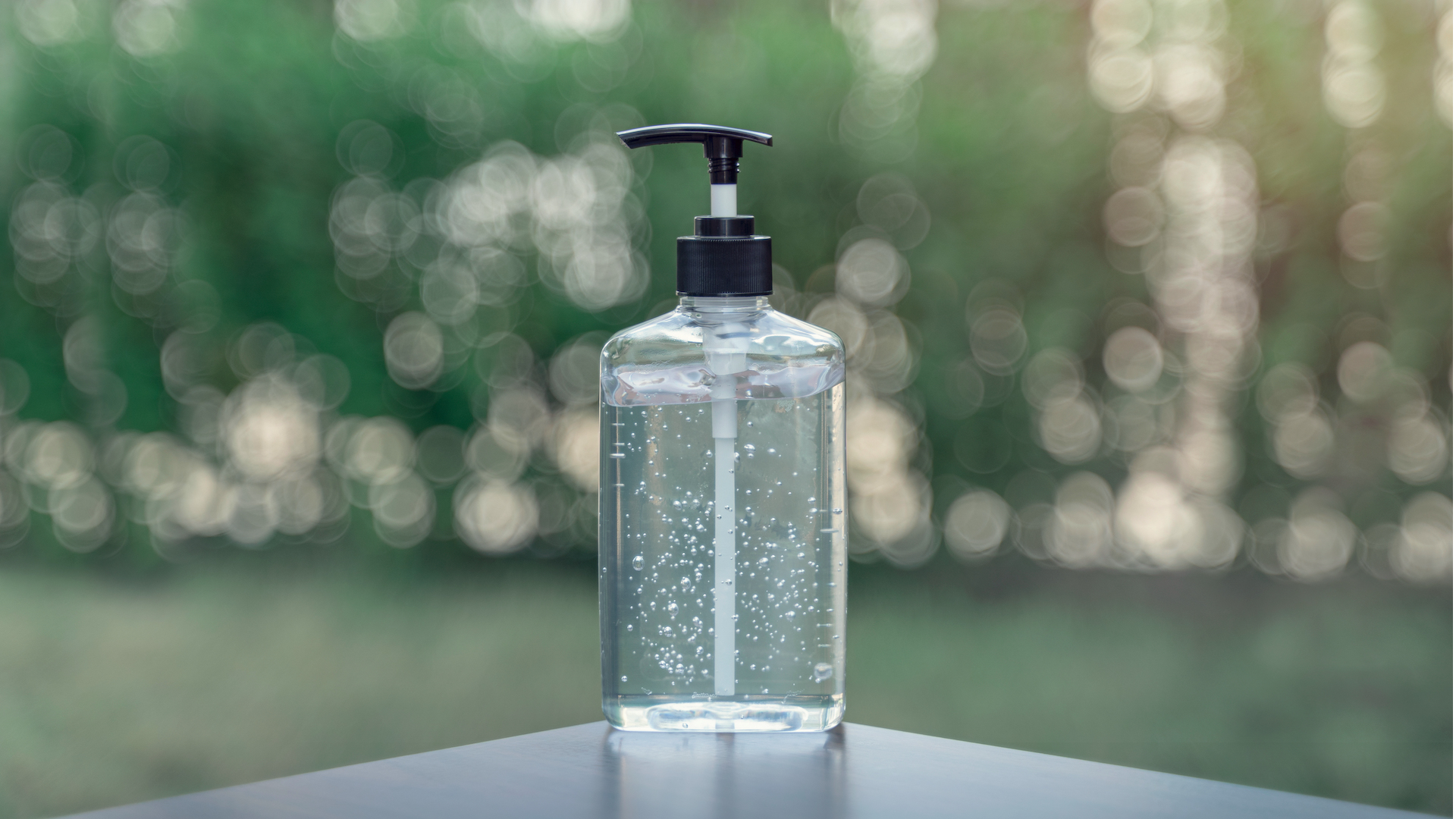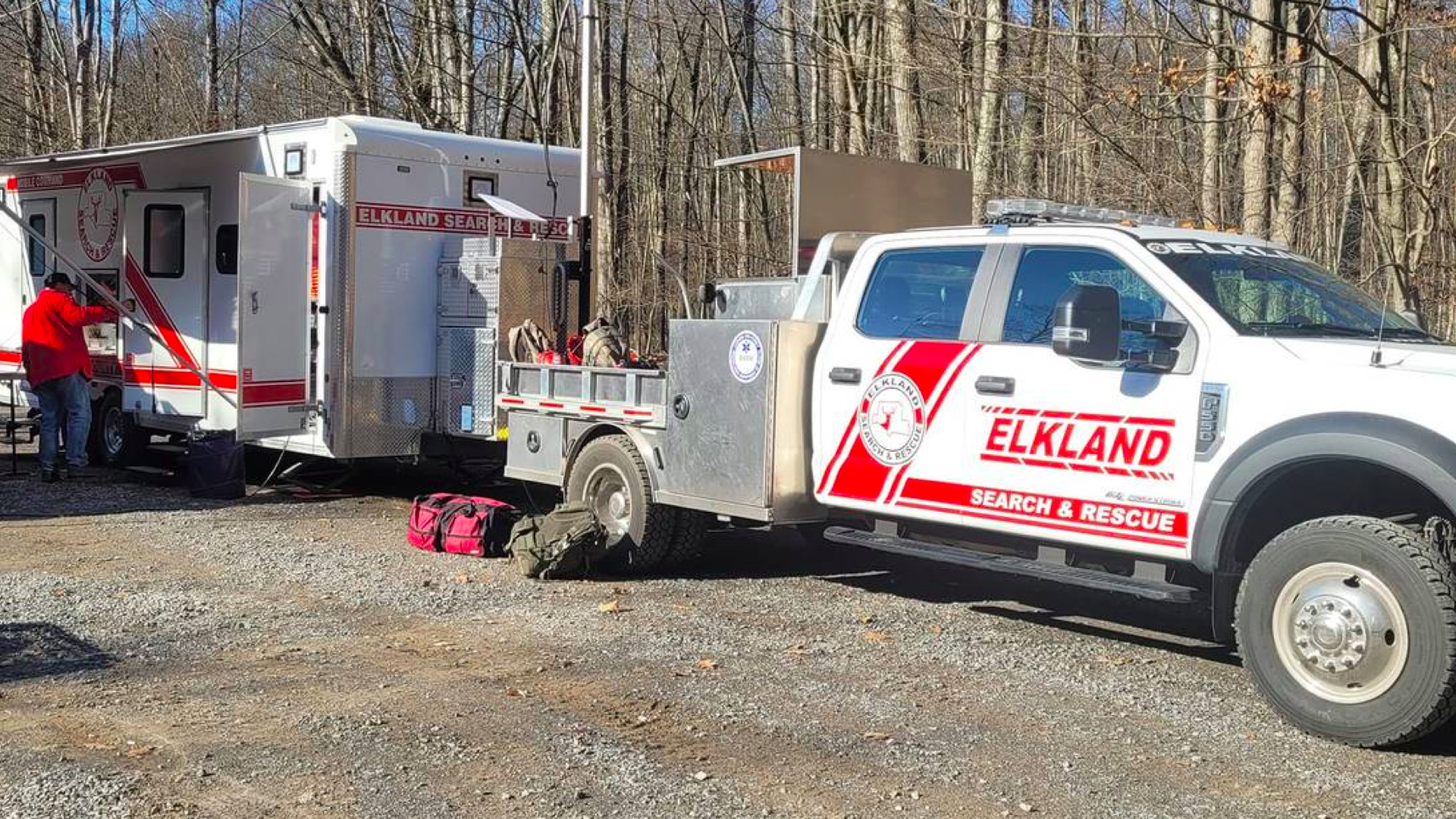Lost hiker and his dog kept warm using hand sanitizer to create a fire
A hiker stranded in Pennsylvania found a handy way to warm in chilly temperatures while waiting for help

All the latest inspiration, tips and guides to help you plan your next Advnture!
You are now subscribed
Your newsletter sign-up was successful
During the COVID pandemic we all learnt how using hand sanitzers could help save lives by helping to prevent the spread of the virus. But for one hiker in Philadelphia this week, hand sanitizer became a life-saver for him – and his dog – in a very different way.
At 7.35pm last Saturday, the Elkland Search and Rescue received a request from Philadelphia State Police (PSP) to assist them with a missing hiker that was out walking his dog. He had gone missing about one mile west of the Laurel Mill Skiing Trail head area in Elk County.
Crews searched throughout the night for the hiker and dog, with over 75 people involved in the rescue effort. However, despite trail searches, ATVs, drones, dogs and aerial support from a PSP helicopter the hiker was found that night. The search was scaled back at 3am when temperatures had plummeted to 20°F (-7°C). How was the hiker coping in that cold?

The next morning – which was, coincidentally, the second day of bear hunting season – a hunter came across the lost hiker and his dog, and escorted him to where the rescue team had set up its command post. There, he was evaluated by first responders and released to his family.
“The hiker was cold, sore and hungry, but otherwise okay,” reported Elkland Search and Rescue in a Facebook post. “When interviewing the hiker, he told us that after he didn’t hear the helicopter or drone [and] he used hand sanitizer and a lighter to build a small fire to try to keep warm throughout the night.”
Alcohol-based hand santizers are indeed flammable, and you can find many survivalist YouTube videos showing you how to use them to help start fires. But their reliability and potency varies enormously so it’s best not to rely on them for building a campfire (especially building a campfire in winter). Check out those last two links for some more practical advice and, as ever, don’t go out adventuring ill-prepared.
- Matches, lighter, flint and steel – what’s the best firestarter for camping?
All the latest inspiration, tips and guides to help you plan your next Advnture!
